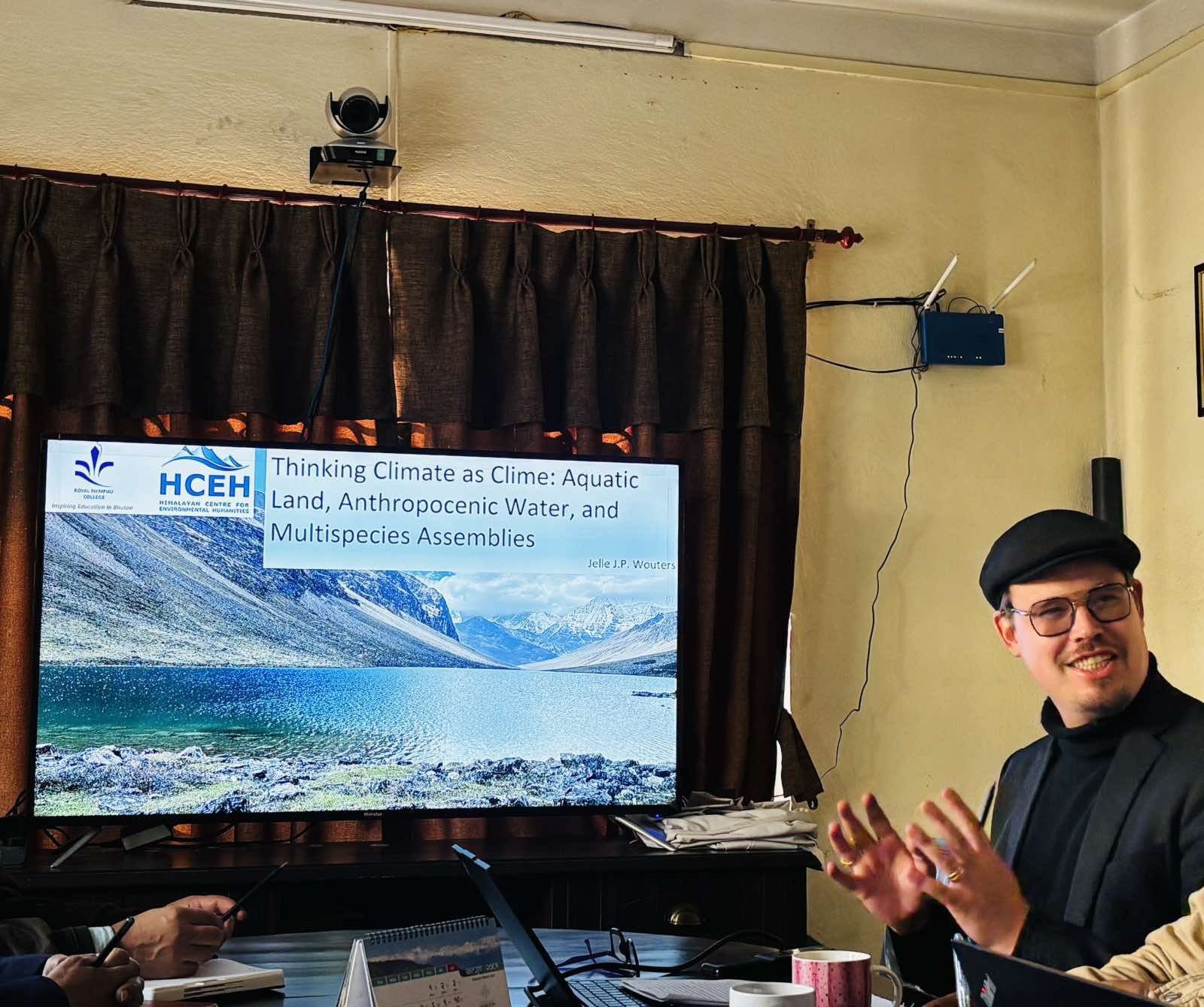Nepal’s Constitution (2015) has introduced three levels of governments, each with their own roles, responsibilities and independent authorities. The local governments except in province 2 have already completed their first year in the office. As the local election was held after twenty years, there is a huge excitement, renewed commitment and enthusiasm among the elected representatives, and at the same time the local peoples’ expectations are very high in terms of service delivery, infrastructure development, economic wellbeing and local prosperity. The local governments have completed the first cycle of planning, budgeting and implementation for the fiscal year 2017/2018. The first year was completed amidst confusions about the authority and expected responsibilities of the local government. As it was a new initiative the local governments were operating in a limited capacity. The second year of planning and budgeting for fiscal year 2018/2019 has been recently completed.
With these developments, governments and general public are eager to know how the government authority is exercised and expected responsibilities are taken up by the local government representatives and officials. The experience of how the three levels of governments collaborate or contradict with each other in providing government services to the people remains unavailable. Some argue that the local government level responsibilities, laws and authorities are reasonably clear, whereas for others there are several contradictions and confusions about the operational procedures of the local governments. Further, there has been widespread concern about the capacity of newly formed local governments with regard to public service delivery and executing the plans prepared by themselves given limited staff availability.
In this context Southasia Institute of Advanced Studies (SIAS) conducted a study covering several districts to understand the dynamics of authority and responsibilities of newly formed local governments and the challenges they has been facing. This study reveals that there was a collusion of authority within local governments and with higher-level governments. A systematic intervention from every level may help achieve clarity at the local government level. In this crucial and urgent situation, we organized a policy debate to identify policy issues based on one year of experience of the local governments.





